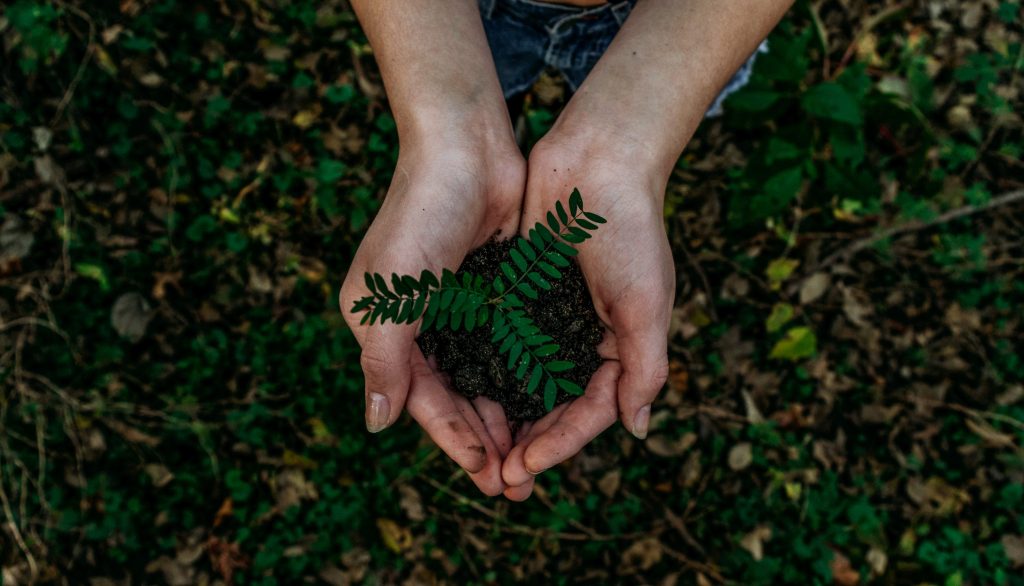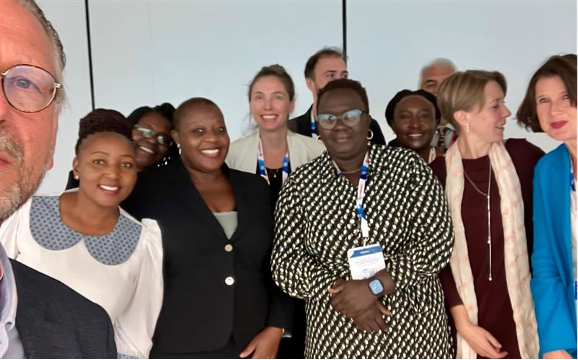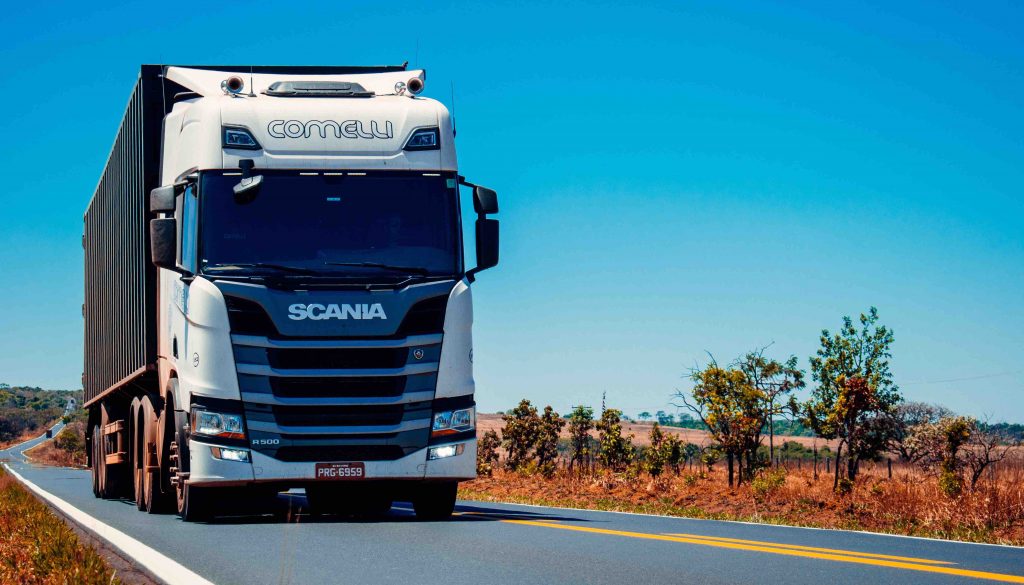The climate change debate: A journalistic dilemma

The debate about climate change is in many ways more terrifying than climate change itself. How can we approach it as journalists? Of course, blaming the big oil companies disinformation might be the easy way out.
But reality is much more complicated.
Interviews with flood victims in England found that their interpretation of the cause depends on their views on climate change. A poll made around ten years ago found that Labour Party voters were twice as likely as Conservative voters to blame extreme weather to climate change. And interestingly, people who have been personally affected by flooding seem less likely to ascribe it to climate change than those who were not affected.
So how do we as journalists and scientists approach this? As journalists, should we report and not care? We face a situation where our entire civilisation is threatened, we cannot afford to ignore the effects of our reporting. We must care, but how can we do it without compromising our independence and integrity?
I don’t have a clear answer to that question. Maybe you have?
Lars Tallert





Dear Lars
You point out some critical aspects about the positioning of journalists in the whole debate about climate change today. What is commonly shared, whether we are journalists, scientists, citizens; is that we are under threat seeing the damage severe wheather is causing to us and to people around us. These are facts and can not be ignored. Peoples are experiencing the effects in their daily lives. Kenya has just come out from a longer drought than usual with disastrous effects on farming. Rwanda is still mourning at least 115 deaths “as floods and mudslides swept through northern and western Rwanda after torrential rains.” Worse is the case in DRC where more than 400 people died last week and thousands are missing because of flooding. Just to name the most recent ones. What i believe journalists can do better is to report on local news about climate change with a global perspective so as to bring to light not only casualities but also inspiring initiatives which can increase resilience and provide arguments for hope to most peoples in need. After the big talks at the different Conferences Of Parties (COP) , what local solutions are being offered in disaster risk management to avoid people from dying en masse every rainy season for exemple. Of course the journalist should not lose sight of the debates which are occuring among experts,NGos, international instituions and countries because they are indicative of the level of commitment, the world is taking to reverse this deadly curse on the human species. To my mind, what should be expected from the journalists is to continuously calling the world’s attention to climate-related changes in our lives and how experts are interpreting those changes and how our future is impacted if convenient decisions and actions are taken. Journalists should also continue to shed light on resilient initiatives that can save lives because these are the challenges most urgent to face. Still, some questions are pending and are linked to the training of the journlists, to editorial independence and ownership of the media, media capture etc….. Thanks. Have a good weekend
This is from an excellent analyst, ESG-expert Sasja Beslik:
“Spain is Europe’s breadbasket and the lack of water there, the lack of agricultural production, is a matter of survival, said Nathalie Hilmi, an environmental economist at Centre Scientifique de Monaco. “It becomes a financial problem too because more money needs to be spent finding food.”
Multi-year droughts can be devastating because sectors such as agriculture don’t have time to recover, so impacts pile up season after season, growing exponentially.
Spanish olive oil production — which accounts for 45% of the world’s supply — will likely be more than halved this season, while grains such as wheat and barley are projected to fall by as much as 60%, according to Gabriel Trenzado, director of Cooperativas Agro-alimentarias de España, a farming industry group.
But drought-related issues are not only a European concern. Uruguay’s government is now subsidizing bottled water in the capital Montevideo and neighbouring cities as a three-year drought has triggered the South American country’s worst drinking water crisis in at least half a century.
“This is a drought where it rained 60% less than it should have rained in a year,” Uruguay President Luis Lacalle Pou said in recorded comments on Thursday, noting water quality could decline further if the drought drags on.”
We can fill our media with news like this 24/7 – there is no ending to the story. But if we do this without reflecting, we will only make things worse. It is bad for business because it will result in news avoidance. And it is bad for the planet because people will lose faith in the future and end up in despair. So let us learn more about what works. We already know what doesn’t work!
the last paragraph of Sasja’s reflection is excellent. Despite the chaos here and there and there, still, there are lights of hope and media will do well by showcasing those inspiring contributions to the climate cause.
Good question! Recently I was just thinking loudly on the same issue, but for African press: https://twitter.com/g_bukeyeneza/status/1636081948727603201?s=20
So the challenge for us is to communicate exactly what your write Armel. But to do it in a way that does not increase news fatigue and news avoidance, increases trust for quality journalism and contribute to viability of the media. And ask the people in power: What are you going to do about it? And how do you visualise a good sustainable society? And as I see it, this is very much related to the loss and damage discussion. Countries in the global North, like Sweden, need to pay for the damage we have caused in the countries in the global South.